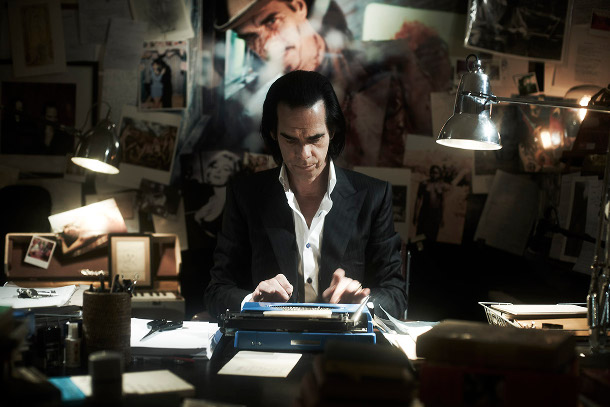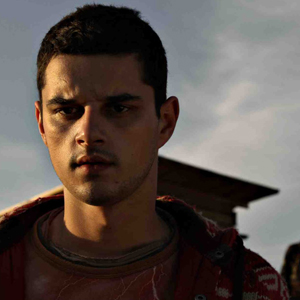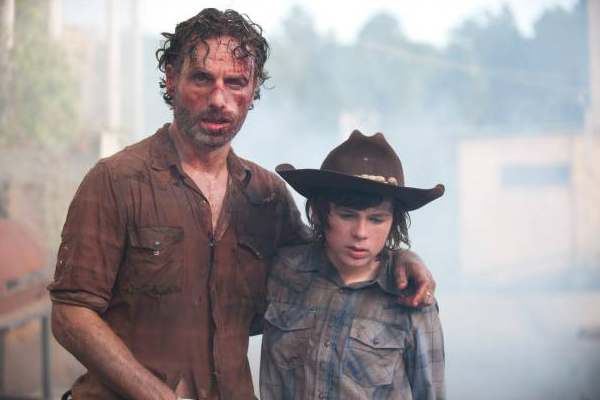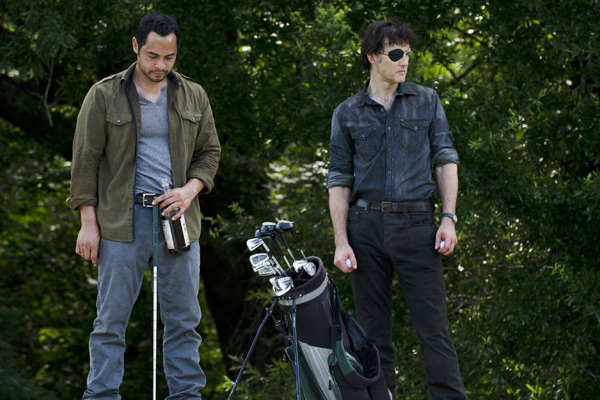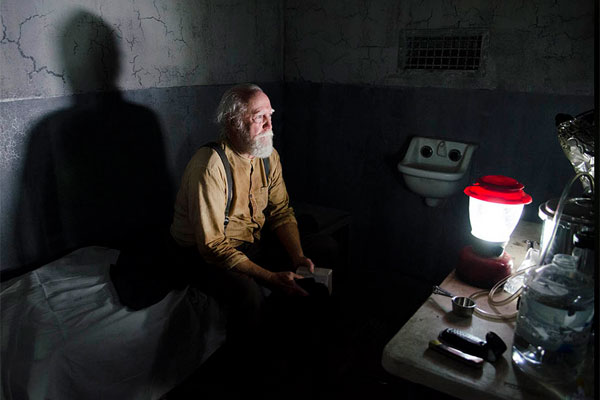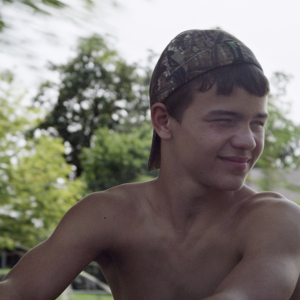
True/False Film Festival: 2014 Recap
This is a true story. During the Q&A of the screening I attended of Actress, Robert Greene’s complex and artfully human new documentary, one woman couldn’t get through her question before losing her struggle with tears. She commended Brandy Burre, the subject, more or less for her vulnerability. Then she lost it, sobbing silently in the unlit audience as slews of “I thought this scene was…”-es and “How did you…”-s finished off the fifteen minutes.
For everything Actress is, emotionally devastating isn’t the first attribute I’d assign it. Burre, who’s theater-trained, had broached ‘making it’ with a role on The Wire. Soon after, she opted out of the industry to be a mom. Her six-year absence from acting sapped her and strained her relationship with her partner, the father of her children. The documentary, chronicling her reentry into the biz, has its emotional turbulences, to be certain. But its strengths lie in its insight and patience, as the actress in Burre comes out more and more to interact with the camera. Those aren’t necessarily the most wrenching traits.

